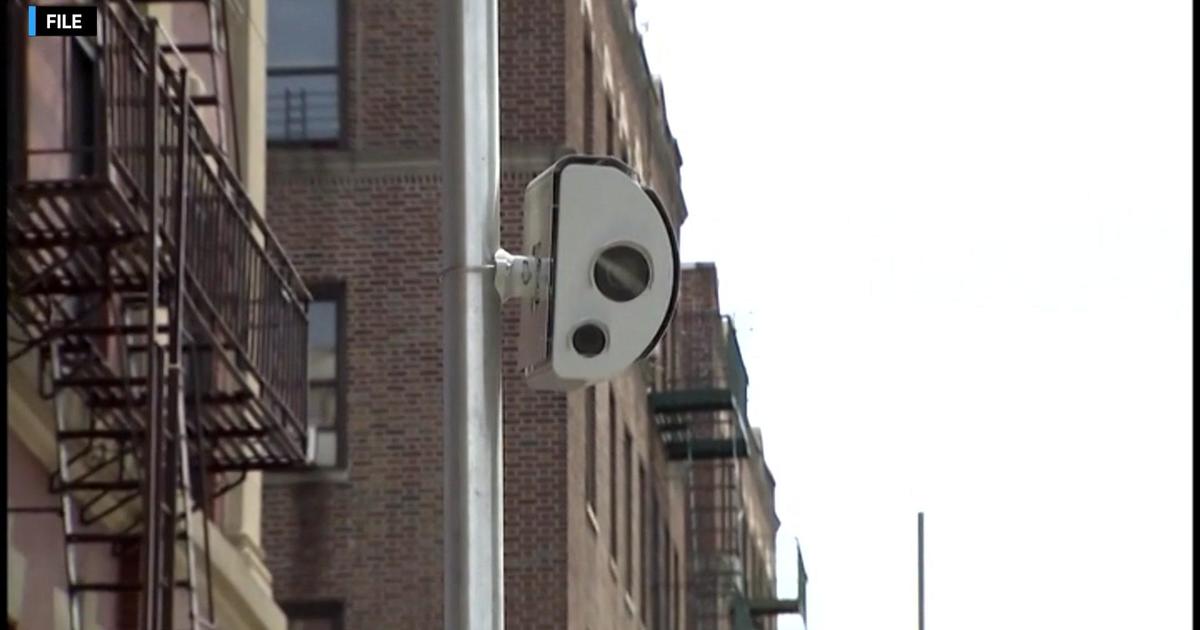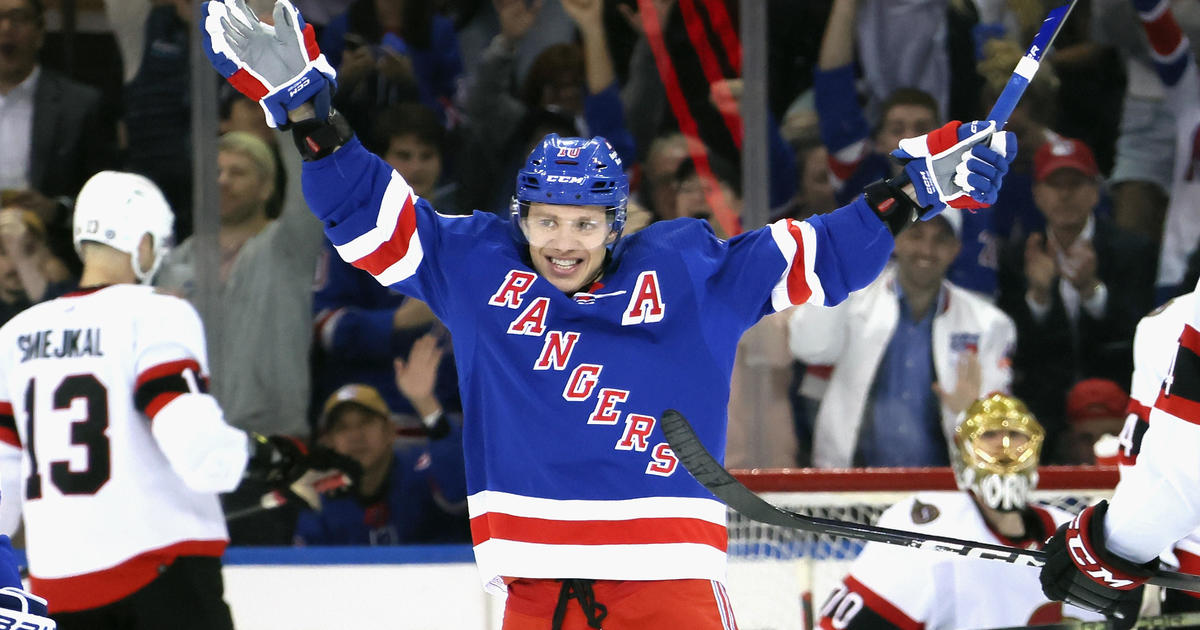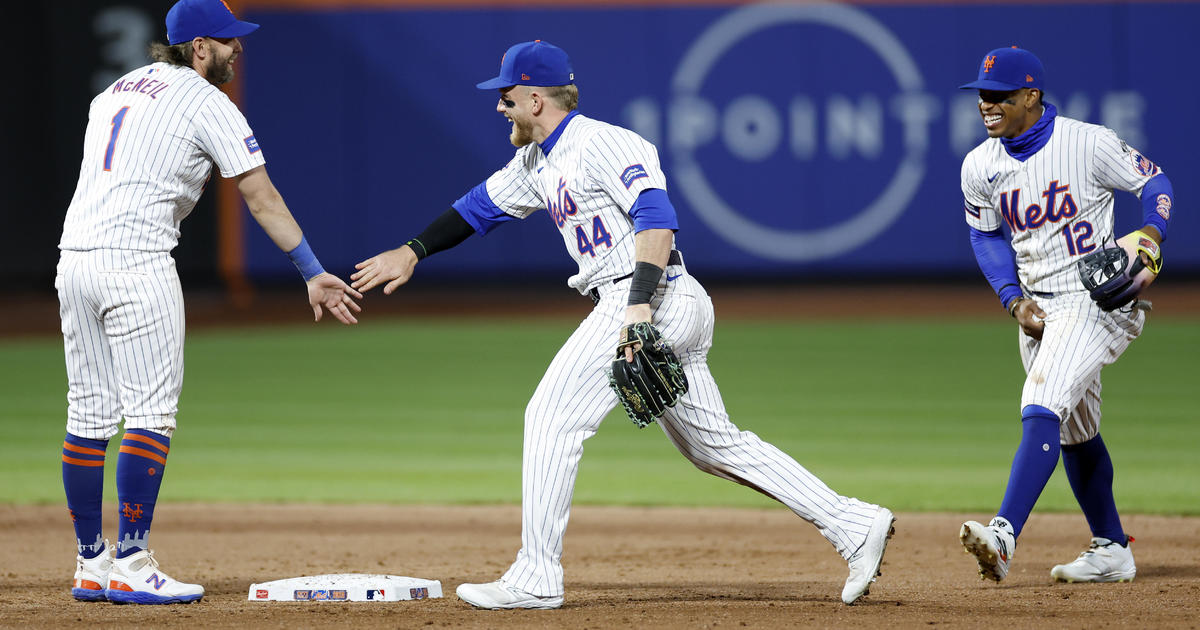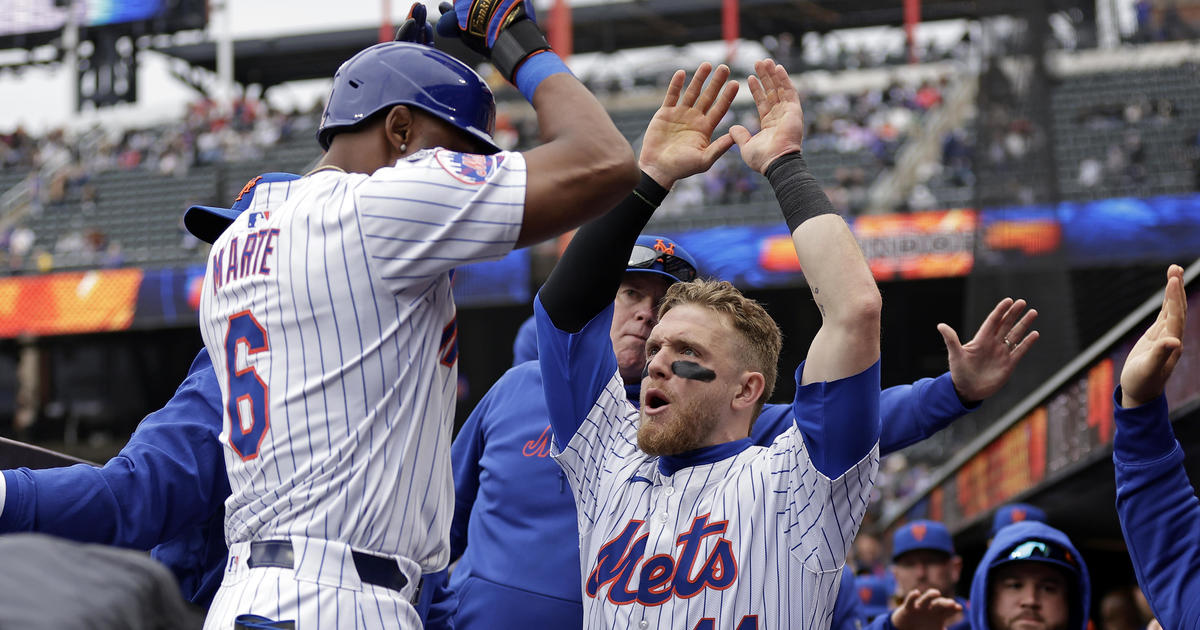Lichtenstein: NBA Will Rue Implementing Rules That Led To Warriors Signing Kevin Durant
By Steve Lichtenstein
» More Columns
Memo to fellow NBA clubs from the Golden State Warriors: You're all going to be playing for second place.
With the stunning announcement Monday that superstar forward Kevin Durant was ditching Oklahoma City in free agency, the Warriors, world champions a year ago and runners-up this past season, are overwhelming favorites to run away and hide from the rest of the league in 2016-17.
Durant, who said he will sign a two-year, $54.3 million contract with an opt-out after the first season when the league moratorium ends Thursday, will join a loaded roster that already includes two-time NBA MVP Stephen Curry, second-team All-NBA forward Draymond Green and third-team All-NBA guard Klay Thompson.
The Warriors set a league record by going 73-9 in the regular season and were a win away from back-to-back titles. Barring a plague, they will be even better next season.
MORE: Lichtenstein: Return Of Lin-sanity The Most Sane Move Nets Have Made
Durant, who finished third in the league in scoring last season with 28.2 points per game, will take the place of Harrison Barnes, a nice player who parlayed his association with a great team into a four-year, $94 million free agent offer from Dallas soon after Monday's announcement.
Though Golden State needed to trade starting center Andrew Bogut to Dallas and renounce their qualifying offer to his backup, Festus Ezeli, to make salary cap room for Durant, Zaza Pachulia on Monday became the first of many who will eagerly sign on for below-market deals so they can get a clear shot at a ring.
The 32-year-old former Mavericks center reportedly agreed to a one-year, $2.9 million contract. In comparison, the Nets recently gave Justin Hamilton, a third stringer, $6 million over two years.
I'm not going to disparage Durant for his choice — if he wants to be the league's highest-paid corner 3-point shooting specialist, that's his right.
Remember, for all the talent the Warriors will put on the court, there's still only one basketball. Curry likes to facilitate, Green likes to facilitate, and Thompson is still going to release the ball as soon as it touches his fingertips because those shots go through the hoop at a high enough rate.
There's no way Durant will impact the games the way he did for the Thunder, but if that's what he thinks will make him happy, so be it. It's not for us to judge someone for taking the "if you can't beat 'em, join 'em" route.
Well, I'm sure there's going to be plenty of judging.
From a league perspective, however, this is not good news.
MORE: Keidel: If You Can't Beat Them, Join Them
This relatively recent tactic, initiated by LeBron James when he "took his talents" to Miami in 2010, of player-pooling by the players themselves threatens the competitive balance of the game.
I'm not talking about parity. Great teams have made for some of the league's most compelling seasons. In basketball, more than in any of the other major sport, one player can alter the universe.
However, the league's entire structure, from the draft order to the salary cap to revenue sharing, is based on maintaining competitive balance. The NBA is a legal monopoly precisely because the public wants the best players in the league in one place, a place where the best-managed team with the best players wins.
When the rules are circumvented, as was the case when Durant took less money after the first year of the deal (the Warriors can only offer Durant a 120 percent raise if he opts out as expected, and Golden State doesn't have cap space), fans feel the games are rigged.
Again, the players followed the rules. The owners followed the rules.
So change the rules.
The whole "Bird exception" premise was to allow teams to prevent their top players from leaving. Teams are allowed to go over the cap to re-sign those players and can give larger raises on multi-year deals.
Except that when the league instituted "max contracts," it did not consider the consequences.
The collective bargaining agreement calls for a maximum contract amount for players with Durant's NBA experience that is slightly less than 30 percent of the league's salary cap. Durant was going to get his approximately $26.6 million for 2016-17 no matter if he signed with Golden State, Oklahoma City or Brooklyn.
But what if the Thunder — and only the Thunder -- were allowed to go higher in Year 1?
I can't say definitively that it would have made a difference in the outcome of Durant's case, but it surely would have changed the conversation with his agents.
Instead, what we will likely witness is a regular season that will be more meaningless than even the league's detractors could have conjured.
If I'm Warriors coach Steve Kerr, I wouldn't even bother attempting to beat 73 wins. He could set up a work schedule loaded with rest nights for everyone, and it won't matter.
If the Warriors are healthy when the playoffs arrive, there won't be any team that can compete with them.
Not exactly a fan-tastic scenario for the NBA.
For a FAN's perspective of the Nets, Jets and the NHL, follow Steve on Twitter @SteveLichtenst1



